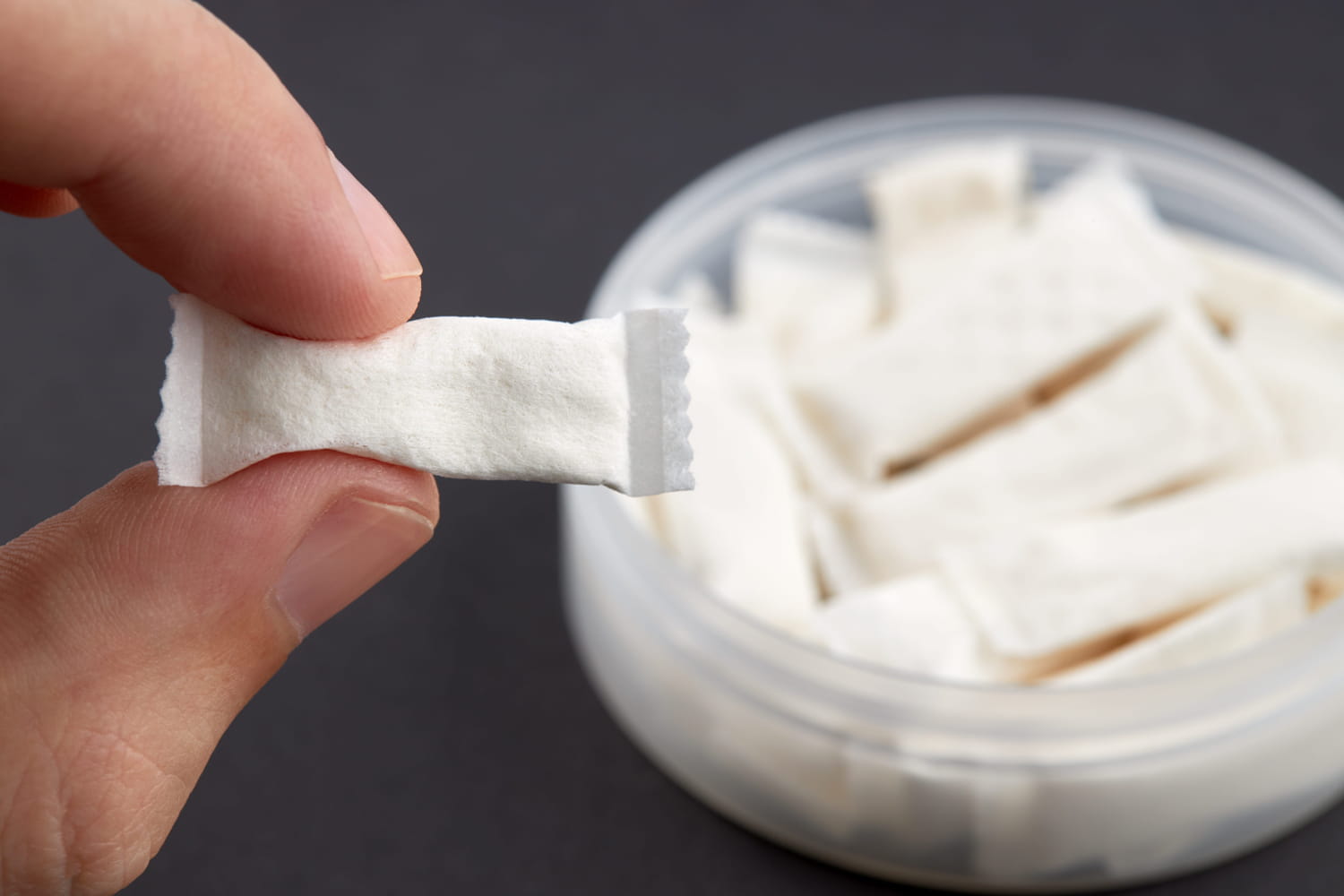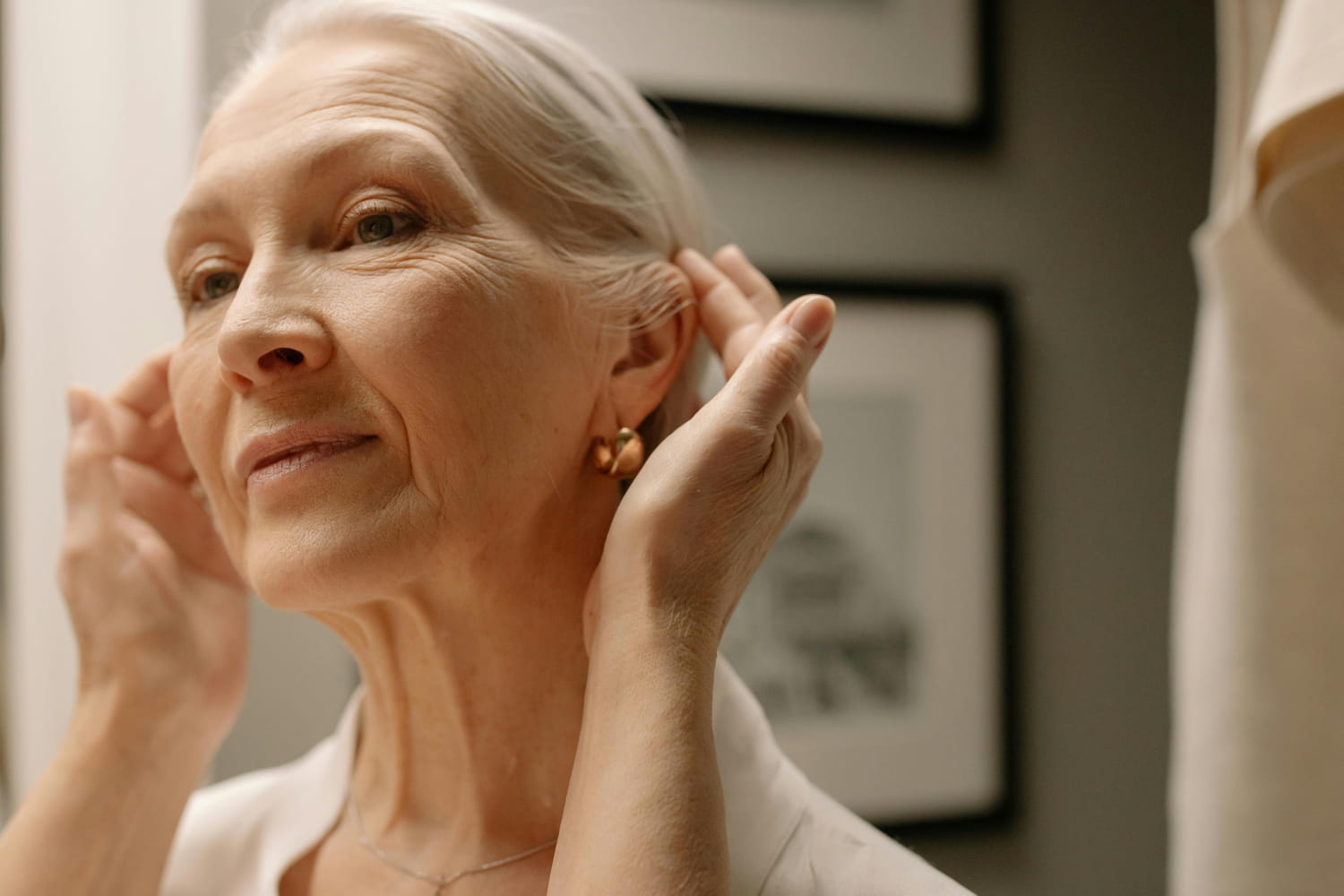They are associated with better longevity in several studies.
Aging healthy, delay chronic diseases, staying in shape as long as possible: it is the dream of many of us. To age well, the bases are simple: a diet rich in fibers, antioxidants and good fats, a sleep of quality, movement, natural light, good stress management … and joie de vivre! “Mental well-being is just as essential as food or physical activity” Recalls Stéphanie Latour immediately, doctor of pharmacy specializing in micronutrition. Some vitamins could also contribute to increased, healthy longevity. Two of them draw the attention of researchers.
The first is little known but it is a central player in cellular operation. It allows the production of NAD+, an essential molecule for the energy of cells, the repair of DNA and the health of mitochondria, our “energy central”. “With age, the production of NAD+ decreases, which promotes cellular aging and chronic inflammation” explains Stéphanie Latour to us. This vitamin is vitamin B3 or “niacin”. In animals, derivatives of B3 and nicotinamide have shown positive effects on longevity. In humans, the results are still in progress, but promising. Vitamin B3 is easily found in the diet (poultry, fish, mushrooms, seeds, etc.). Supplementation can be considered in the event of chronic fatigue or metabolic syndrome, but always with medical advice.
The second vitamin that could allow us to live longer is vitamin D. Many studies show that a good rate of vitamin D is linked to a lower risk of mortality, especially in the face of cardiovascular, metabolic or certain cancers. But beware of shortcuts: “A good vitamin D rate is often reflection of a balanced lifestyle, with good diet, regular physical activity and sun exposure” specifies the specialist. It is nonetheless essential. Vitamin D plays a key role in immunity, bone, muscles and regulation of inflammation. Supplementation is useful if the rate is too low, which is frequent in winter or in the elderly, little exposed to light or suffering from inflammatory disorders.
But beware of excesses: vitamins are not magic baguettes. Certain beliefs push to overconsom supplements to be healthier. It’s dangerous. An excess of vitamin D can be toxic beyond 100 ng/ml, causing fatigue, nausea or kidney problems. The high -dose B3 can also cause redness, digestive disorders, or even long -term liver damage. “Medical follow -up is essential” concludes Stéphanie Latour.







